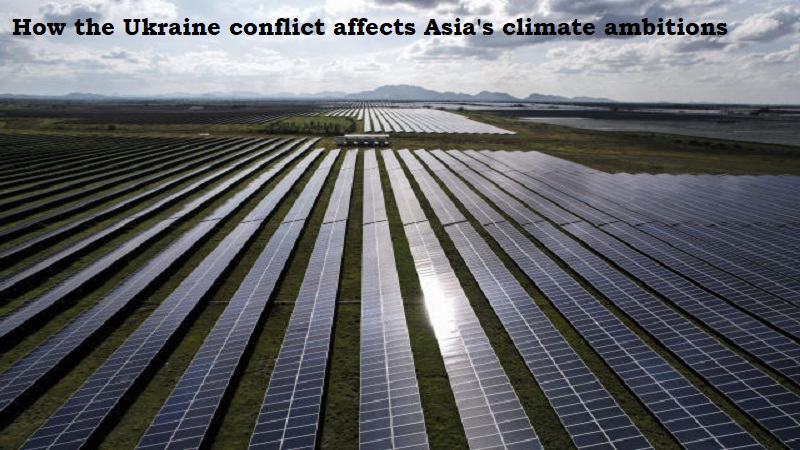
The queues outside petrol pumps in Sri Lanka have lessened, but not the anxiety.
Factory worker Asanka Sampath, 43, is constantly on the lookout for danger. To see if fuel has come, he checks his phone for messages, strolls by the pump, and checks social media. Being trapped for days is possible when there are delays.
He said, ‘I am getting tired of this.’
His frustrations are shared by the island nation’s 22 million residents, who are suffering from the worst economic crisis in its history as a result of massive debts, lost tourism earnings from the pandemic, and rising costs.
The resultant political unrest resulted in the election of a new government, but the upheaval caused by Russia’s invasion of Ukraine and the ensuing disruption of the world energy markets has made recovery more challenging.
Due to their dependence on gas, Europe is forced to compete with Asian nations, which raises the cost of fossil fuels and causes what Tim Buckley, the director of the think tank Climate Energy Finance, calls ‘hyper-inflation,’ an understatement.
The majority of Asian nations frequently put energy security ahead of environmental objectives. This necessitates forays into nuclear energy for wealthy nations like South Korea or Japan. It means relying on polluting coal power in the short term to meet the vast energy needs of China and India.
The fight is having a disproportionately negative effect on developing nations, though, because their economies are already under pressure, according to Kanika Chawla of the UN’s sustainable energy section.

Post Your Comments